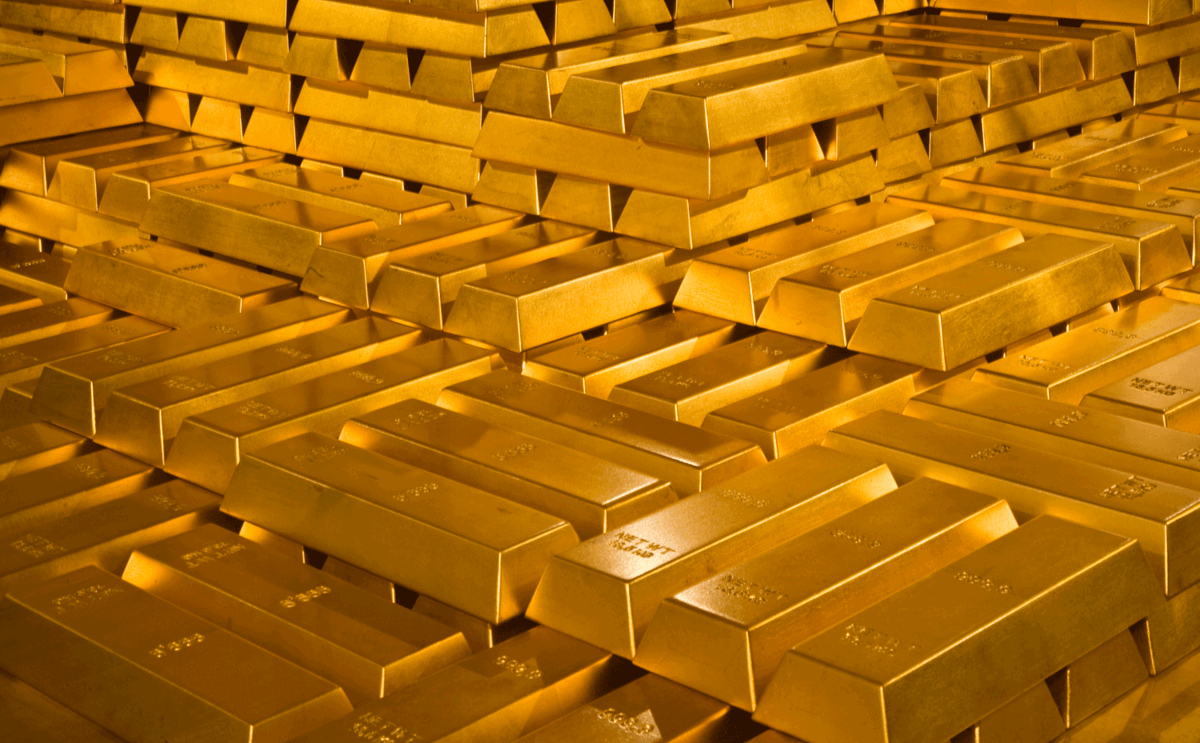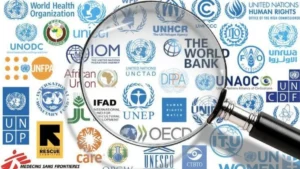With 132.34 metric tonnes (MT) of gold purchase, RBI emerged as the largest buyer of the yellow metal among central banks between April 2020 and September 2022. Also, RBI was the top gold buyer among its peers in 2020 while it stood third in 2021. In 2020, it bought 41.68 MT of gold while in 2021 and 2022 (till September end) it bought 77.5 MT and 31.25 MT respectively.
Buy Prime Test Series for all Banking, SSC, Insurance & other exams
RBI’s Gold Reserve:
At the end of March 2022, RBI’s gold reserve stood at 760.42 MT that went upto 785.35 MT at the end of September 2022, which increased share of gold reserve to 7.86% from 7.01% in India’s total forex reserve. In March 2021, the gold reserves were at 695.31 MT, accounting for 5.87 percent of total forex reserves.
Significance Of This Move:
Every major central bank keeps a portion of its reserves in gold as it plays a fine hedging instrument in the time of uncertainty and economic turmoil. During the balance of payment crisis in 1990-91, Indian government pledged 67 MT of gold to the Bank of England and Union Bank of Switzerland. During uncertain economic conditions, gold price takes upward trajectory and it was evident in 2020 when Covid induced economic turmoil made gold price touch an all time high of $2,067 per ounce. Since then GDP across the globe has picked up. Demand for yellow metal reduced with economic stability and prices declined consistently in 2021.
Why Is There Trigger for Yellow Metal:
In 2021 the huge gold buying by RBI occurred in the backdrop of falling yellow metal price in the global bullion market but War in Europe proved beneficial for gold as the price crossed $2,000 per ounce in the first week of March 2022. But, the yellow metal lost its gains in the middle of March as consistent rate hikes by the Federal Reserve strengthened Dollar Index and bonds emerged as attractive investment options for Institutions and retail investors.
Why is RBI Buying Gold:
- Why is the RBI buying gold when there is tepid global demand for yellow metal as investors are seeking refuge in fixed assets? For one, the economic outlook for 2023 looks very uncertain as inflation around the world is inching up.
- During inflationary period gold creates a fine balance in central banks’ overall reserves as rising global inflation means decline in the value of all major currencies including US dollars against real assets like gold.
- As per the RBI data at the end of September 2022, the central bank had total forex reserves of $537.27 billion in which it held gold worth $42.21 billion while the rest were mainly held as Foreign Currency Assets (FCA).
- In an inflationary environment any decline in the value of currencies like Euro, Pound, Yen etc adversely impacts India’s forex reserves. Any weakness would have a profound impact on the current account balance of commodity importing nations like India. Any plunge in the value of fiat currency could be countered by raising gold reserves.
Is RBI Alone Buying Gold to Diversify its Reserves: Who Are The Others In This List:
While the Reserve Bank of India has always been partial towards gold and marks its spot as the third largest buyer of the yellow metal in Q3 2022, trends show marked surprises when it comes to other central banks. The central bank of Qatar, for instance, made history by buying 15 MT of Gold in a single month of Q3 2022, breaking its old record of a similar buying spree way back in 1967. Turkey bought 94.87 MT of gold in the first nine months of 2022.
Across The Globe Phenomena:
Central banks globally have accumulated gold reserves this year at a pace never seen since 1967, when global finance followed diktats of Bretton Woods when the US dollar was backed by the precious metal. In the first 9 months of 2022, net purchase of central banks across the globe amount to 673 MT, as per World Gold Council Report.
In 2020, Central Banks bought 272.9 MT of gold. The number rose to 463 MT for 2021, around 82% more compared to 2020. And gold acquisition of almost 400 MT in just the July-September quarter of 2022 is approximately 87% of central banks’ annual purchase of gold in 2021.




 List of National and International Organ...
List of National and International Organ...
 DBT Marks 40 Years; Dr Jitendra Singh La...
DBT Marks 40 Years; Dr Jitendra Singh La...
 7th All India Conference of GRP Chiefs C...
7th All India Conference of GRP Chiefs C...








